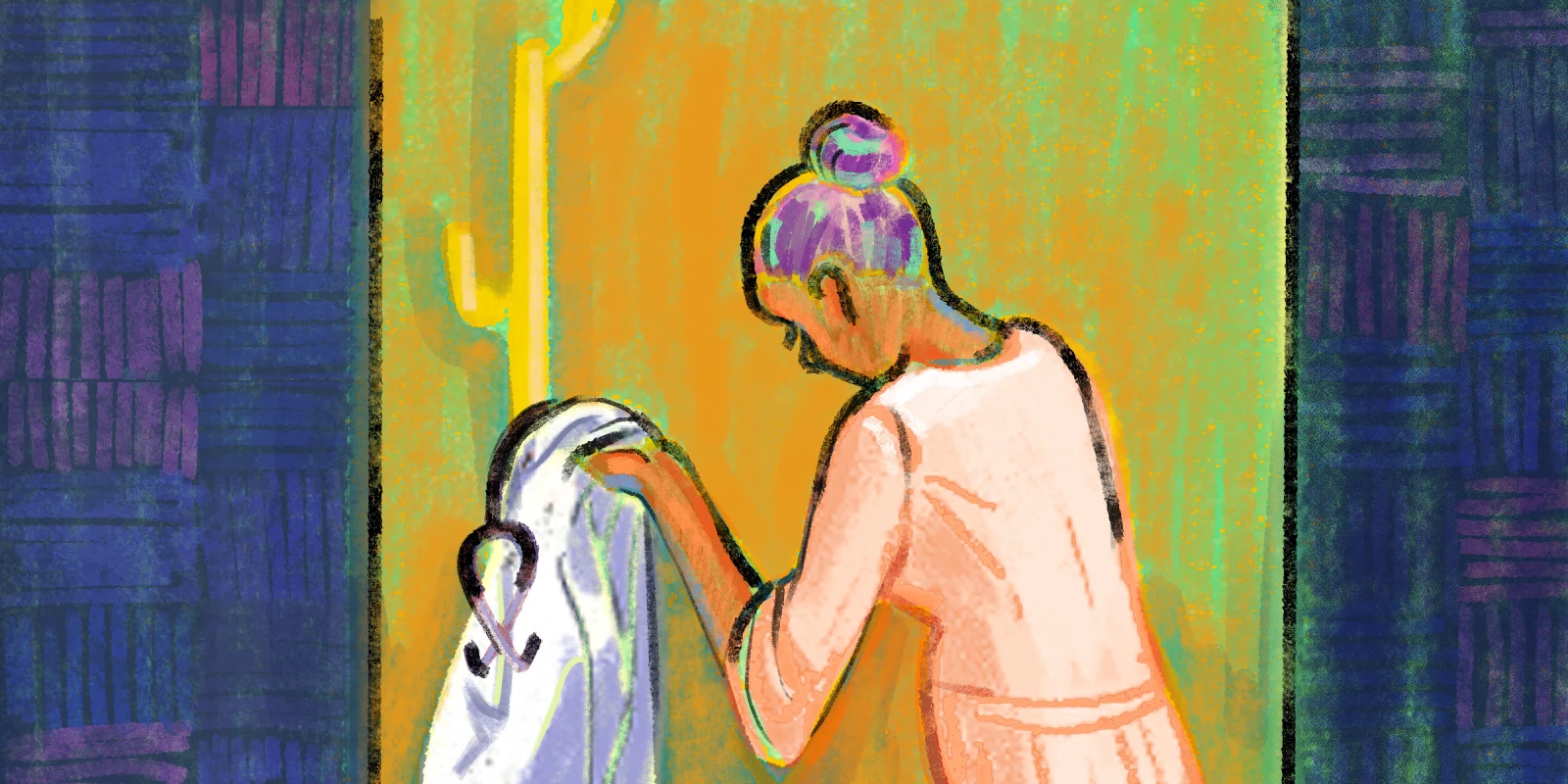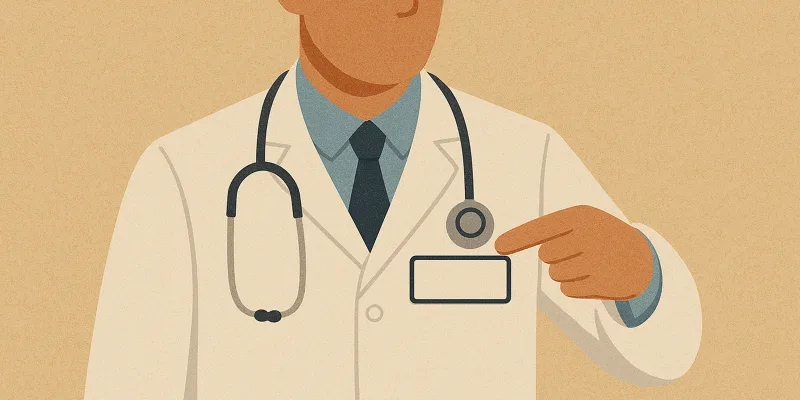Three months into my surgical fellowship I began having serious doubts about whether I could finish it. But it wasn’t until the end of month seven that I was able to deliver my resignation. I won’t go into details about how and why my fellowship wasn’t a good fit for me; I’ve written about this elsewhere. I want to reflect on the key pieces that made it possible for me to pull the trigger on leaving, which ended up being the best thing I could do for myself. I hope this information can empower others who feel similarly suffocated and trapped in unhealthy, toxic environments.
1) Find Someone To Tell You It Will Be OK
I absolutely could not have quit without mulling over the decision with trusted confidantes (namely, a few attendings from residency and co-trainees from other programs). Recently, someone reached out to me asking for help with deciding whether they should leave their own training program, and how to go about that decision-making process. My first piece of advice for them was to find a trusted mentor to talk to.
These are huge, life-changing decisions. Medicine is a path where from Day 1 as a pre-med in college you are committing yourself to a decade or more of studying, training, and handing over your life, time, and personhood to a career, hoping to come out at the end like the finished product physician (insert X: primary care doctor, surgeon, internist, etc.) that you always hoped you could be. So to stop for a moment and re-evaluate the train tracks and decide whether it is time to step off or not, is actually an act that takes a long time to even be able to do. I believe this goes for people who are contemplating leaving one field of medicine for another, or leaving medicine altogether, though I do not have experience with the latter. I started contemplating leaving in December of my fellowship and it took me almost three months to finalize my decision.
I could not have left without the kind and patient listening ears of several key mentors and peers who would hear me out as I weighed the pros and cons of leaving, thought aloud about what life could look like afterward, and shared with them my fears about leaving. Though I didn’t know it at the time, looking back it is very clear that what I needed most from those conversations was exactly what I got: someone to tell me that it would be OK. And they were right. But finding that voice inside to tell yourself that it will be OK when you are sleep-deprived, struggling, being gaslit, and scared is near impossible. So find a trusted person to talk to.
I am intentionally not suggesting a family member or personal friend because the world in which we live (in the hospital, in training) is such a unique environment on its own that it is vitally important to talk to someone who understands the realities of being in said world, without the bias and emotional attachment that can come from talking to a loved one (though obviously those are separate conversations that need to be had).
2) Be Brutally Honest With Yourself
As trainees, we are all living for delayed gratification. Years of putting vacations, weddings, hobbies, having children, having a “normal life” on hold. When we are done with residency, it’ll be better. When we are done with fellowship, it will be different. Attending life will be good. Does that not sound familiar to most of us? And yet, it is one of the saddest tropes and lies we collectively tell ourselves as a profession. We exchange one set of problems for another, and the illusion of a finish line becomes just that: an illusion.
When I finally stopped and made a pros and cons list about leaving versus staying in my program, the cons list was shockingly small. “I will miss transplant,” I wrote. And then … nothing else followed. The pros were numerous in comparison. More time with family. More time to take care of myself. Less feeling like a hamster on a wheel with no end in sight. It was eye-opening to see how uneven the sides of the list were. Clearly I was going to miss the specialty, but that could no longer outweigh the toll it was taking on every part of my life, most importantly my family and my health.
Mental health and wellness are hot topic words in mainstream society and also in health care specifically. These terms should also encompass being able to walk away from toxic environments which no longer serve us. I found myself justifying the 12 days in a row that I was overworked, talked down to, and ordered around when I got to occasionally do an anastomosis or key portion of a case without being yelled at or belittled. However, it eventually became clear that this, along with the occasional Panera breakfast or opportunity to leave before 5 p.m., could not make up for the days and weeks spent with needs unmet, as a human being and an adult learner. The less we treat ourselves and each other as human, the more inhumane this profession will continue to be. So stopping the cycle and being honest about your happiness or unhappiness is the biggest favor you can do for yourself.
3) Remember: The Grass is Greener When You Put Yourself First
We love to say “patients come first” in medicine. Actually, I think this is one of the prime examples of how health care workers, and trainees in particular, are gaslit and their needs and suffering are put aside for the sake of focusing on “patient care.” Really, it is just common sense that happy, healthy workers are what is best for patient care. So when I stopped listening to all the noise – what people would think or say if I left, who I was letting down by leaving – the only voice left was mine. I had to tune out everything else about what I thought was expected of me and what I should be able to cope with and get through, and listen to my inner voice. I am not happy here. I am struggling. I can’t see myself doing this for another week.
I have heard dozens of comments in the aftermath of leaving about how I wasn’t strong enough, how I didn’t know what I was getting myself into, how I am not cut out to be a transplant surgeon. But here, on the other side, none of those comments matter. Now that I am on the other side of leaving, I can honestly say it was the decision that changed my life for the better. I refuse to be chained down and hurt by my profession. I have found peace in realizing I am a whole individual outside of my profession, and I will not allow myself to forget that ever again. I am grateful to find myself now in an environment where I can continue to practice medicine and surgery, and feel valued and understood as a human being with a life outside the hospital. We all deserve the same in this field.
Share what you've learned from your departures in the comments.
Dr. Mohini (Mo) Dasari is a general surgeon in Kirkland, WA. She practices and teaches yoga, writes for pleasure, therapy and advocacy, and loves posting her amateur cooking and baking on Instagram @modalala. Her favorite thing to do is spend quality time with her husband, two-year-old daughter, and seven-pound dog. She tweets at @mdmdaware. Dr. Dasari is a 2023–2024 Doximity Op-Med Fellow.
Illustration by April Brust







